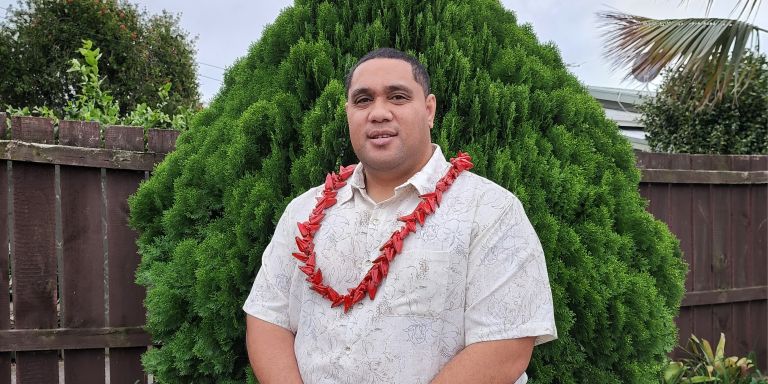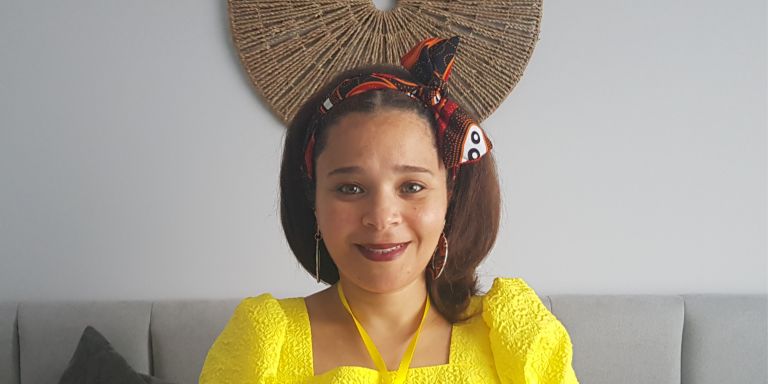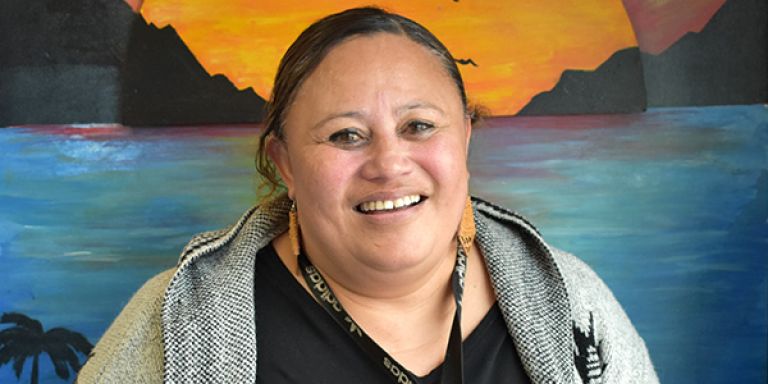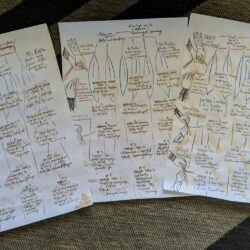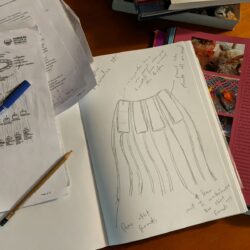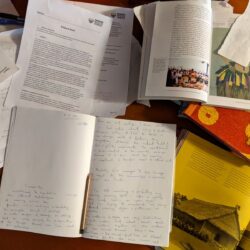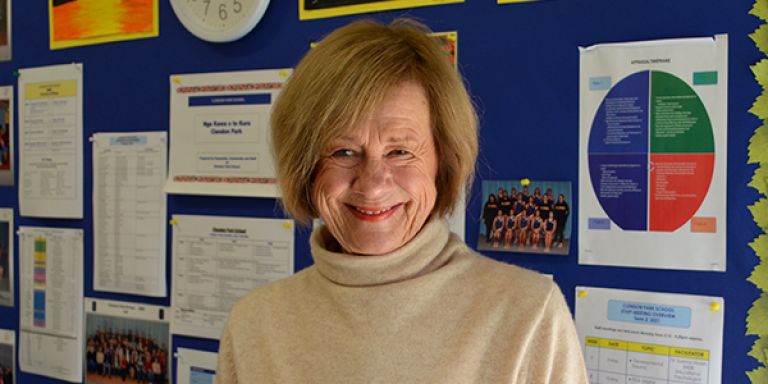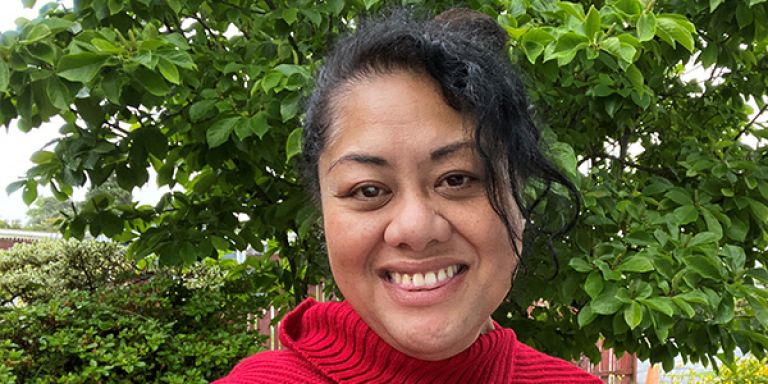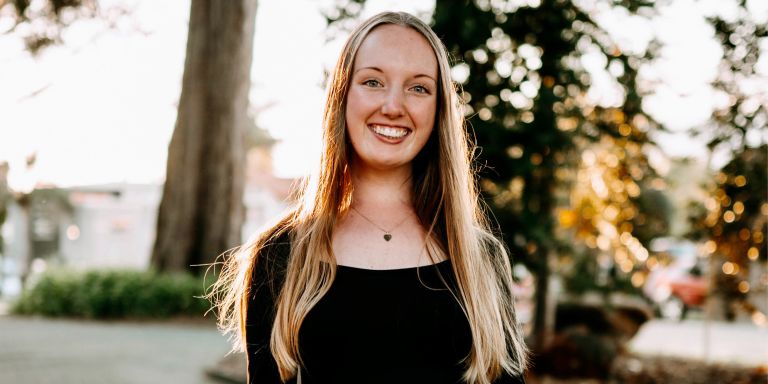The Teaching Council of Aotearoa New Zealand is currently consulting on a proposal to introduce a requirement that student teachers enrolling in an initial teacher education (ITE) programme for primary teaching would have to demonstrate competence in mathematics, using either of the following measures:
a. Holding a minimum of 14 credits at Achieved, Merit or Excellence in the NCEA subjects Mathematics and Statistics; and /or Pāngarau; at NCEA Level 2 or above (or a recognised equivalent), or
b. Passing a mathematics assessment as specified by the Teaching Council.
Manukau Institute of Technology is continuing to recruit students to begin study in 2025 based on the existing ITE entry requirements. The Teaching Council has advised us that they are comfortable for enrolment to continue as no decision has yet been made.
However, student teachers commencing study in 2025 should be aware that, if the Teaching Council were to approve the current proposal after consultation, should they not meet measure (a) above, they would be required to pass the mathematics assessment specified by the Teaching Council with at least the specified minimum score before they were able to graduate from the programme. (This reflects that the Teaching Council’s consultation proposes, as a transitional arrangement for 2025 and 2026, that measure (b) can be able to be met prior to graduation, rather than prior to entry to the programme.)
Note: this message reflects advice received from the Teaching Council of Aotearoa New Zealand.
Programme highlights
Are you passionate about working with children?
Study with MIT to learn the hands-on skills you need to work as a primary or intermediate school teacher (years 0-8).
You will also develop skills in implementing Māori and Pacific teaching methods.
This programme is suitable for anyone looking to teach in a diverse and multicultural country such as New Zealand. You will graduate with the cultural competency to apply theory and hands-on skills to primary/intermediate education using diverse Pacific world-views.
Along with 21 weeks of block practicum experiences, you will spend two days a week working in a real classroom setting from your second semester of study.
Successful completion of this programme will lead to recognised qualified teacher status, and graduates are able to apply for provisional practicing certification with the Teaching Council of Aotearoa New Zealand.
TeachNZ scholarship opportunity
TeachNZ scholarships will support you on your journey towards being a great teacher or kaiako.
They can cover the cost of your course fees and pay you an allowance throughout the duration of your study.
If you are planning on enrolling, or are already enrolled on our Bachelor of Education (Primary, Pasifika) (Level 7), you are eligible to apply for one of TeachNZ’s five scholarships.
Entry requirements
You must be 18 years of age or older at the start of the programme
AND
Satisfy the English language competency required as listed below
AND
Meet the requirements as per the Children’s Act 2014 prior to gaining entry into the programme
AND
Complete an interview with a selection panel of at least two registered teachers
AND
Satisfy the minimum diagnostic literacy and numeracy entry assessments marks.
For individuals under 20 years of age, in addition to the above criteria:
Hold UE or a recognised equivalent such as International Baccalaureate or Cambridge International,
OR
Are able to demonstrate to the satisfaction of the provider that they have the skills and ability to study at tertiary level.
Additional programme-specific under 20 years of age exemptions:
You may be exempt from some requirements if you can show that:
- You have successfully completed a course of study no less than one semester in duration at level 4 or above
- You have worked in the field of education (i.e. early childhood, teacher aide) for no less than 1 year and can provide at least two referee statements from employers/mentors who have overseen this work. Referee reports should indicate your likelihood of being successful in degree study.
Whether or not you are eligible for the exemptions for under 20-year-olds or how they’ll be applied in your case will be decided by the programme committee.
20 years of age
If you are 20 years of age at the commencement of the programme and have relevant life and/or work experience but do not have the minimum academic requirements, you may apply for admission if you meet comparable literacy and numeracy requirements as those entering with UE.
20+ years of age
If you are 20 years of age and over and without UE, you will need to be able to demonstrate that you have the ability to study at a tertiary level.
Application form requirements
If you want to undertake the programme you must submit the completed application form to the School of Education.
The application form includes a declaration of physical and mental health, a declaration of all criminal and pending criminal convictions and consent for a police check. You may be required to provide a health declaration that you are emotionally, mentally and physically capable of undertaking the demands of the teaching programme as required in the Teaching Council of Aotearoa New Zealand Code of Professional Responsibility and Standards for the Teaching Profession. Reports may be requested with your consent.
Your application form must be submitted with the following:
- Evidence of educational qualifications
- Evidence of language proficiency (as per Teaching Council of Aotearoa New Zealand policy) as required
As well as;
- Children Act (2014) safety check requirements:
- Two forms of identification – one must be a photo ID. If the name used on the application form differs from the name(s) on the ID you must produce a supporting document that shows evidence of name change.
- Two satisfactory written referee reports, from independent referees, who will provide confidential information about you. Referees will be asked to affirm that you are of good character, likely to be ‘fit to be a teacher’, and can communicate well with adults and children. Referees must not be related to you and have known you for at least two years. Referees must send the completed form directly to the enrolment team on behalf of the School of Education.
- A completed New Zealand Police Vetting Service Request and Consent Form and satisfactory result.
- Attend an interview with two School of Education staff.
Language competency requirements
Prior to entry, you must demonstrate language competency by providing one of the Teaching Council’s approved evidence of language competency, as follows:
- New Zealand University Entrance literacy credits at either NCEA level 2 or 3;
- New Zealand University Entrance;
- New Zealand tertiary entrance qualification gained on completing senior secondary school prior to the introduction of the current University Entrance;
- International Baccalaureate full diploma in English medium (24 points minimum).
- Cambridge International Examinations minimum of 120 points on the UCAS Tariff plus meeting the CIE literacy requirements;
- All primary schooling and at least three years of secondary schooling completed in the English language and while living in New Zealand, Australia, Canada, the Republic of Ireland, the United Kingdom, the United States of America or South Africa [applicants from South Africa must also provide South African Matriculation Certificate Minimum D pass in English (higher grade) OR South African Senior Certificate Minimum D pass in English (higher grade)];
- For more detail on language competency requirements check: https://teachingcouncil.nz/content/language-competency-requirements-0
Other requirements and application details
You must be able to attend teaching practicum at specified times and places.
You will be notified in writing of the outcome of your application.
If your application is successful you will be reminded that while you have been accepted into the programme based on the best judgment of the selection panel, it is the Teaching Council of Aotearoa New Zealand that will assess suitability for teacher certification upon successful completion of the programme.
You are required to inform the School of Education Programme Committee of all criminal and pending criminal convictions you receive at any point after acceptance onto the programme.
If your application is unsuccessful you will be informed of the reason and will be provided with information on alternative learning pathways and possible options to enhance future application.
International Students
English Language Entry Requirements
For the minimum English language requirements refer to the requirements set out in Rule 18 of the NZQF Programme and Accreditation Rules https://www.nzqa.govt.nz/providers-partners/qa-system-for-teos/english-international-students
Give yourself credit with Recognition of Prior Learning (RPL)
Did you know you can use the knowledge and experience you already have to your advantage?
Your previous work experience and on-the-job skills, volunteering, professional development, and other providers’ qualifications can be recognised as prior learning, matched against credits in our courses, and put towards your qualification – potentially saving you money and possibly helping you to complete your qualification faster Learn more.
Programme structure
You will need to complete the below 20 courses (360 credits):
Do you want to study a single course, without enrolling into the full programme?
Courses within some of our programmes may be offered as an individual Certificate of Proficiency (COP). Programme entry requirements and course fees apply. For more information, please speak to our friendly Ask Me! team.
Further training or study
-
- Graduate Certificate in Activity Based Learning (Level 7)
- Graduate Certificate in Applied eLearning (Level 7)
Career opportunities
Graduates of this programme are likely to be employed as teachers working in Schools teaching Primary and/or Intermediate.
Further or prior work experience or study may gain employment in the following fields: Principal, SENCO, team leader, Careers adviser, Child Psychotherapist, Counsellor, Family support worker, Health play specialist, Museum education officer, Play therapist, Private tutor, Youth worker etc. For potential salaries visit careers.govt.nz.



